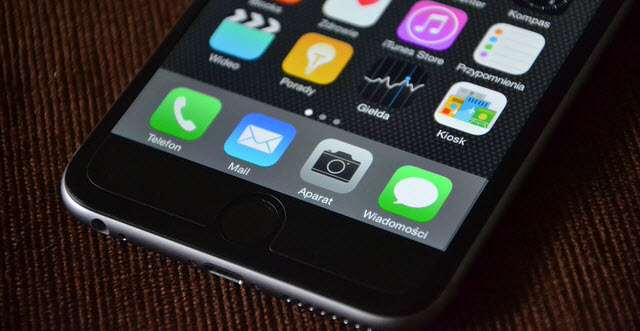Alert! Don’t click links in SMSs received from unknown numbers

Almost every one of us receives one promotional SMS every day on our mobile phone. Some of these SMSs could be from known entities like our favorite apparel store, food joint or shoe store. And some SMSs could be from totally unknown ones like astrologers or love gurus and so on.
What we want to say here is, it is more than likely that our phone numbers are spread all over the retail market. And how did that happen? Let’s keep the answer for a different post. The need of the hour is to understand that our phone numbers are accessible by a big bunch of people. And among this bunch are online scammers, cyber crooks and all such people who thought honest living is too difficult a task to handle.
So, it is more than probable that one fine day you might receive an SMS or even a WhatsApp message that reads “Your order delivery is delayed. Please check its status here: URL“ or “Your account is locked. Please unlock it here: URL“ or “Win FREE 3G and movie tickets here: URL“ and so on. Some of these messages may sound intimidating and some tempting. But they all have one purpose – to trick you into clicking that link. And once you do that, it’s game over! It will install a malware on your phone and you won’t have a clue about it. Only when you start noticing that your phone bills are abnormally high or your bank account has been used without your permission, the realization will dawn upon you that something is wrong with your phone. But by then, it may be too late.
So, here’s what you should remember:
• Avoid sharing your phone number on the Internet. If you do, read the website’s privacy policy. It will help you understand how and where is your information is being used.
• Never click on links received in unknown SMSs, WhatsApp messages, emails or any type of notification whatsoever.
• Don’t share your number as a response to any advertisement (work from home, easy paying jobs, etc.) you see online, on the roadside, or the bus you take to work.
• Do not share your banking information over calls, no matter how professional the caller may sound.
• Block unknown numbers. You can make use of the Free Quick Heal Mobile Security App for this.
• Install a trusted mobile security app on your phone that can block viruses and malware, and prevent installation of fake and malicious apps.
Latest Security Update:
A malicious SMS is being circulated among users in various European countries. The SMS tricks the user into clicking on a link, which then installs a malware on their phone. The malware waits for the user to use a certain app (which the malware is programmed to target). Once the app is opened, the malware cleverly places a fake screen on top of the real app. This screen asks the user for their bank account details or credit/debit card credentials. This malware is known to mimic itself as WhatsApp, Facebook and other popular Android apps.
So, the next time you get any such messages, you know what to do. Share this story with your friends and peers. Stay safe!

3 Comments
What is your quickheal update
nice one
its very use full software